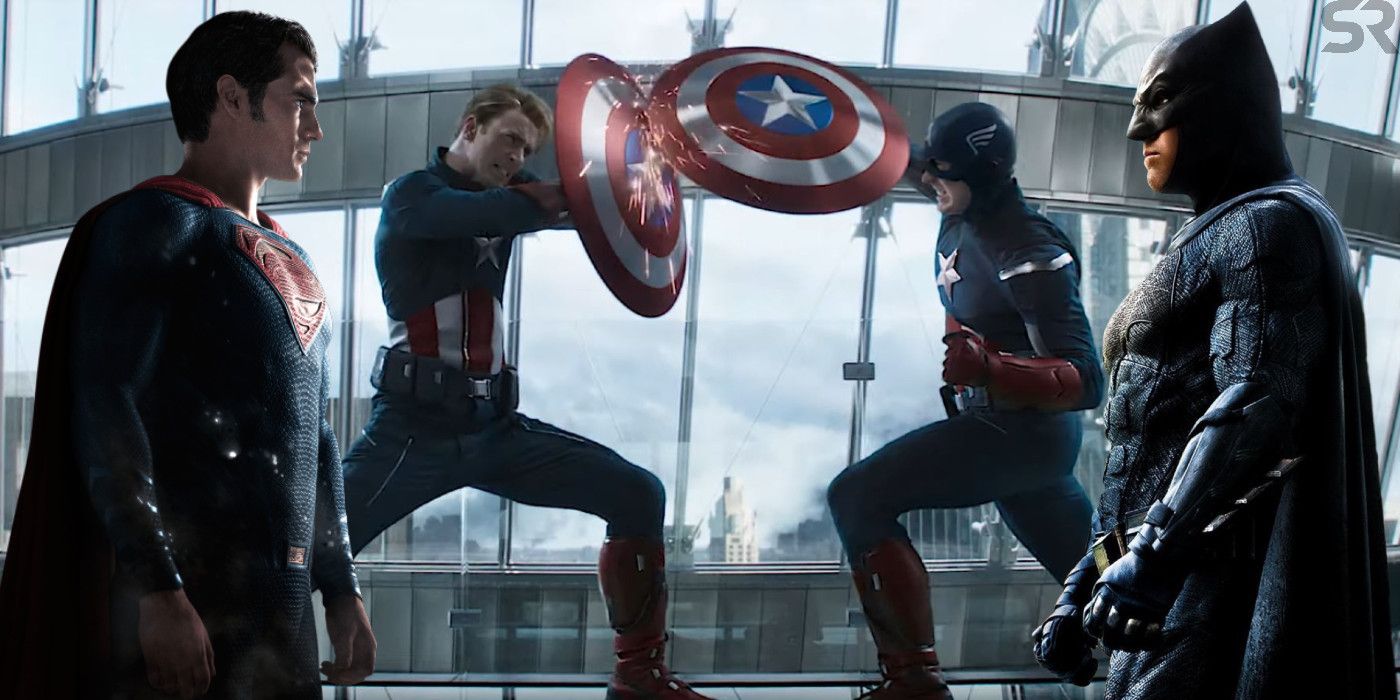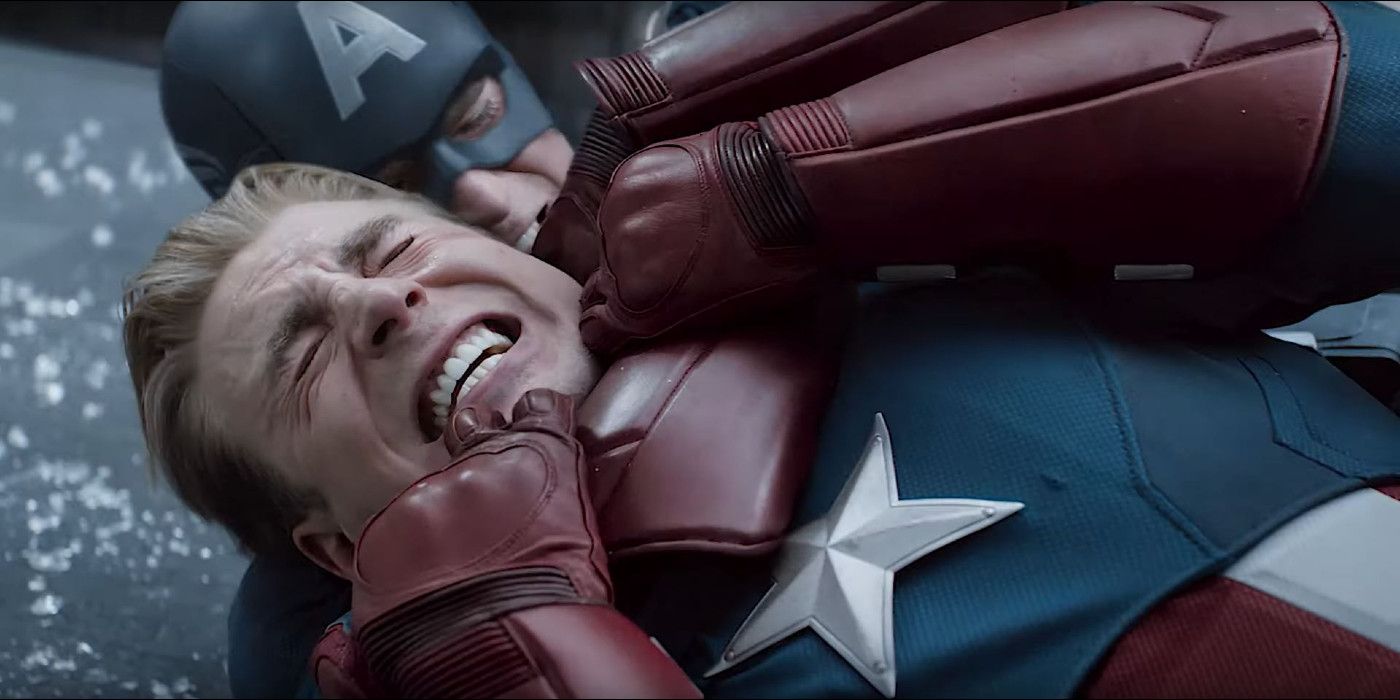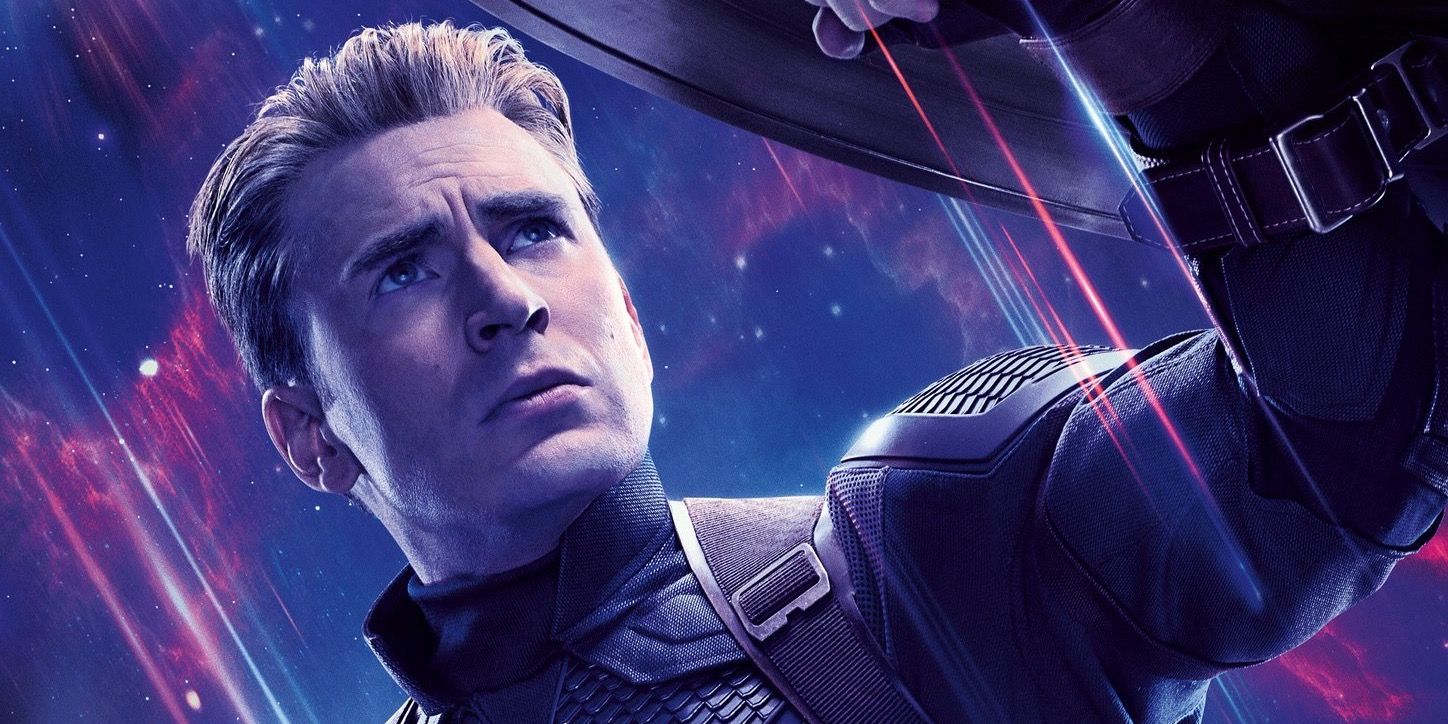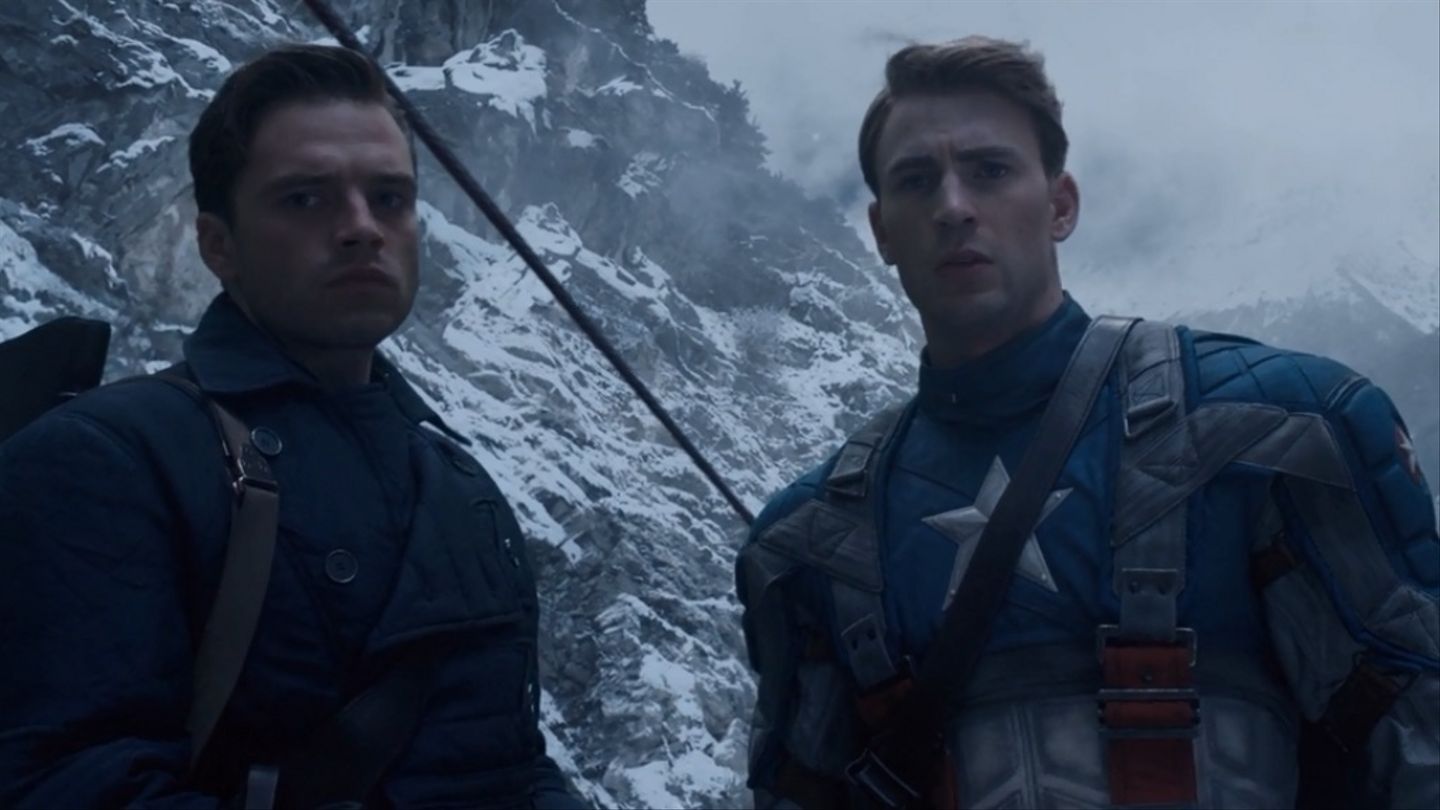Not only did Avengers: Endgame successfully conclude an epic 22-film saga and dominate the box office, it also showed Batman v Superman how to properly pull off a "Martha moment". The latter superhero clash was Zack Snyder's second step in what was originally a five-movie plan for the DCEU. Unfortunately, the film proved extremely polarizing upon its release, failing to resonate with all but the most ardent of Snyder supporters. While the film had many praise-worthy aspects, its overall legacy was one of disappointment (and countless memes).
One of the most popular - aside from Sad Affleck - stemmed from the climactic moment of Batman and Superman's tussle. Defeated and pinned down by the armor-augmented heel of the Caped Crusader, the Man of Steel could only stare up as Bruce prepared to strike the fatal blow with a kryptonite spear. In a last-ditch effort, Superman used what could have been his final words to plead for his adopted mother's life. "You're letting him kill Martha," he said, in reference to Lex Luthor holding her hostage. "Save Martha!" The words sent Batman into a spiral of memories, most notably of the moment his parents were killed in Crime Alley. "Why did you say that name?!" he demanded, seeing humanity in his opponent. This was one of Batman v Superman's most divisive moments, leading to a wave of parodies that most recently revolved around Mothra and Godzilla: King of the Monsters.
In-fighting between two superheroes has been somewhat of a trend in recent years. In the same year as Batman v Superman, Marvel offered up Captain America: Civil War, which featured numerous hero-on-hero clashes. In Avengers: Endgame, they stepped up their game on this front, ending a fight with their very own "Martha Moment". All without the same derision. So, how and why did the MCU succeed where the DCEU failed?
Captain America vs. Captain America Ends With The MCU's Martha
Avengers: Endgame's "Martha" moment came in the middle of the group's Time Heist. The biggest risk in this mission was the characters bumping into their past selves, which happened to Cap (Chris Evans) when in 2012. Having retrieved Loki's scepter (and the Mind Stone housed within), Present-Day Cap found himself cornered by his past self. With the God of Mischief having escaped custody, it was understandable that Past Cap believed he'd caught the notorious shapeshifter. The fight was fought over multiple floors of Stark Tower, seemingly destined to go on all day until Past Cap was locked in a sleeper hold.
Though the appearance of Cap's compass and photo of Peggy prompted a brief pause in the action, it wasn't until Present Day Cap relied on a similar gambit as Superman that the fight was able to end. "Bucky is alive," he croaked, invoking his childhood friend and shocking his former self into loosening his grip. The moment gave Cap just enough of a window to put himself to sleep using the scepter.
The mirror to Batman v Superman should be obvious, with one hero escaping near-defeat by preying on the others' deep-seated desires. Obviously, Superman didn't know that his "Martha" plea would have quite as profound an effect on Batman as it did (whereas Cap, knowing himself, was able to target his past self with the Bucky knowledge), but the broad scene makeups are very similar.
Related: How Captain America Is Able To Mjolnir In Avengers: Endgame
Captain America vs. Captain America Is A Smaller, But Smarter, Superhero Fight
The Cap vs. Cap fight scene was barely a blip in Avengers: Endgame's runtime and yet it resonated so strongly with audiences because it was fan service in its purest form. While having Hulk or Iron Man face their past selves would have made for breathtaking moments, making it Steve Rogers was the wisest choice. Though often having the potential of being the blandest character on the team, Captain America has evolved into one of the MCU's most complex heroes. He's less of the boy scout that he once embodied and more a representation of the cost of doing the right thing. This means that, while the fight was short, it presented a unique challenge for the subject character.
That familiarity is key. Cap vs. Cap was something fans didn't know that they needed until they received it, but stood out by using the story built up by the previous movies. Conversely, fans had wanted to see Batman and Superman square off on the big screen ever since Frank Miller's The Dark Knight Returns was published in 1986, but when it arrived, it was with versions of the characters most fans didn't recognize. Equally, it had to use contrivances to keep the animosity brewing for a vast amount of the film's runtime.
The writing for Avengers: Endgame was smarter in that regard, using the time travel element and audience understanding to provide a logical, inevitable obstacle that could only result in a fight. Equally, it then used callbacks and established catchphrases to highlight the difference between current, more experienced Steve Rogers and the recently-defrosted Cap of 2012. With the chokehold itself reminiscent of one Cap once locked The Winter Soldier within, it made all the more sense for a shoutout to be what concluded the action. All the while, everything remained consistent to what came before, with modern Cap already established as willing to use cunning as he is his fists.
Avengers: Endgame's Bucky/Martha Moment Work Because It's Not Fundamental
However, the main reason Avengers: Endgame succeeded where Batman v Superman failed is that the moment isn't one intrinsic to the film's plot. As well as being packed full of humorous fan service, it was rooted solely in character and emotion - both of which were built across multiple films. The friendship between Bucky Barnes and Steve Rogers was established in Captain America: The First Avenger and has been a dominant aspect of Cap's story ever since. Audiences have watched the friendship endure through time, survivor's guilt, brainwashed villainy, and the machinations of a vengeful mastermind.
Equally, Bucky Barnes has long been established as Steve Rogers' kryptonite. In The Winter Soldier, the mere sight of his friend's face caused him to freeze; were it not for Black Widow's assist with a rocket launcher, Steve would have been shot dead on the spot. In Civil War, the mention of Bucky's name was enough to stun him once again, allowing Crossbones to detonate a bomb which ultimately, despite Scarlet Witch's best efforts, killed a mass of civilians. For Cap to realize that enough to use it to his advantage was a shrewd move on behalf of the writers Christopher Markus and Stephen McFeely (who also penned the Captain America movies).
For all that, the moment didn't go on to define the movie. The stakes were as high as they'd ever been in Avengers: Endgame, yet Cap's encounter with his past self didn't yield a seismic shift in personality or a change in his worldview. Beyond, perhaps, sending that timeline's Cap on a new mission after present Cap departed, the status quo remained. The Bucky shoutout merely provided a way out of a tricky situation and a way to demonstrate how much Cap had changed over the course of the MCU.
Batman v Superman, however, foolishly took the opposite route. It hinged too much on the fight itself and didn't dwell enough on the aftermath from a character perspective. While Bruce and Clark's respective mothers having the same name is a neat observation and may have worked on paper, it conflicted too much with Batman's arc over the course of the film. The turn was too sudden and the methodology too big and broad. It provoked too sharp and contrived a change in Batman - who went on to call Superman a friend only minutes after almost killing him.
With the DCEU having turned a corner recently, however, they will hopefully learn from Batman v Superman's mistake and Avengers: Endgame's success - in order to strike a more resonant and comprehensible emotional chord in future films.




